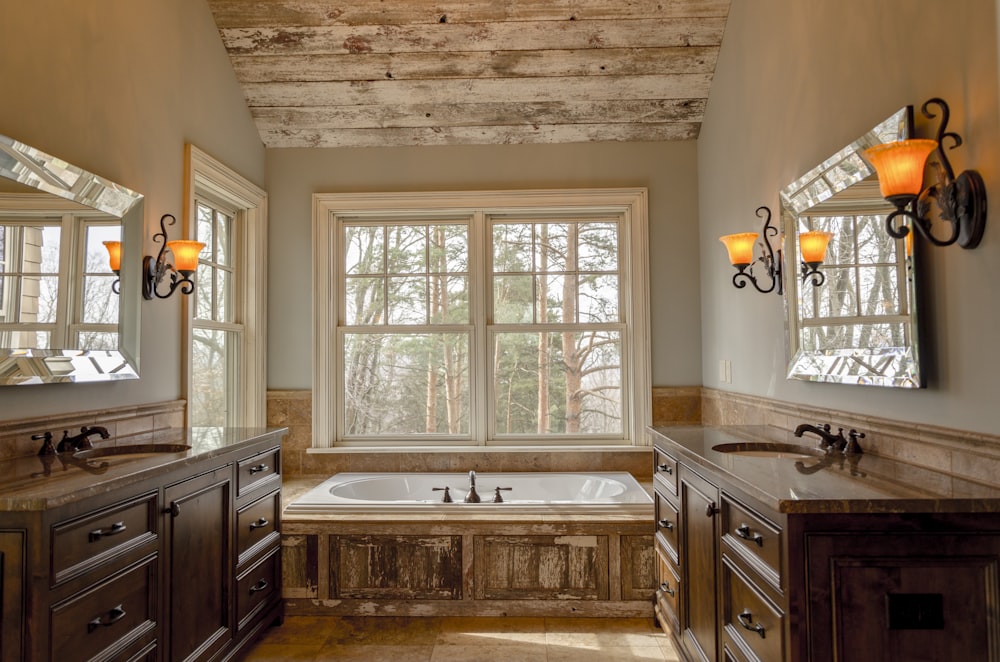
Efficient Heating and Cooling with Hydronic Air Handlers
Understanding the Basics
Hydronic air handlers are versatile heating and cooling systems that utilize water to transfer heat throughout a building. Unlike traditional forced-air systems, which rely on ductwork to distribute heated or cooled air, hydronic air handlers use pipes to circulate hot or cold water, providing efficient and uniform temperature control. These systems are commonly used in residential, commercial, and industrial settings, offering numerous advantages over conventional heating and cooling methods.
How Hydronic Air Handlers Work
At the heart of a hydronic air handler is a heat exchanger, which heats or cools the water that flows through it. During the heating season, hot water from a boiler is pumped through the heat exchanger, where it warms the air passing over it. In the cooling season, chilled water from a cooling system is circulated through the heat exchanger, removing heat from the air and cooling it before it is distributed throughout the building. The heated or cooled air is then delivered to different areas of the building through a network of ducts or air handlers.
Energy Efficiency and Cost Savings
One of the primary benefits of hydronic air handlers is their energy efficiency. By using water as a heat transfer medium, these systems can achieve higher levels of efficiency compared to traditional forced-air systems. Additionally, hydronic air handlers can be paired with high-efficiency boilers or heat pumps, further reducing energy consumption and operating costs. With rising energy prices and growing concerns about environmental sustainability, investing in a hydronic air handler can lead to significant long-term savings on utility bills while reducing carbon emissions.
Quiet Operation and Improved Comfort
Another advantage of hydronic air handlers is their quiet operation and ability to provide uniform heating and cooling throughout a building. Unlike noisy forced-air systems that can create drafts and temperature inconsistencies, hydronic air handlers deliver gentle, even airflow, ensuring optimal comfort in every room. Additionally, because there are no ducts involved, hydronic systems eliminate the risk of air leakage and the associated loss of energy, further enhancing comfort and efficiency.
Flexibility and Zoned Heating/Cooling
Hydronic air handlers offer unparalleled flexibility in terms of design and installation options. These systems can be easily customized to meet the specific heating and cooling needs of any building, from single-family homes to large commercial properties. Additionally, hydronic systems support zoned heating and cooling, allowing users to divide their space into multiple zones and control the temperature in each zone independently. This not only maximizes comfort but also minimizes energy waste by heating or cooling only the areas that are occupied.
Low Maintenance and Longevity
Maintaining a hydronic air handler is relatively simple and requires minimal upkeep compared to traditional HVAC systems. With fewer moving parts and no ductwork to clean, hydronic systems are less prone to mechanical failures and require less frequent servicing. Additionally, because water is a highly efficient heat transfer medium, hydronic air handlers tend to operate at lower temperatures, reducing wear and tear on components and extending the lifespan of the system.
Integration with Radiant Heating Systems
Hydronic air handlers can be seamlessly integrated with radiant heating systems to provide comprehensive heating and cooling solutions for residential and commercial buildings. In a radiant heating system, hot water is circulated through tubing installed beneath the floor, radiating heat upward and warming the space from the ground up. By combining radiant heating with hydronic air handlers, users can enjoy the comfort of radiant heat in the winter while benefiting from efficient air conditioning in the summer, creating a comfortable and energy-efficient indoor environment year-round.
Enhancing Indoor Air Quality
Because hydronic air handlers do not rely on ductwork to distribute air, they can help improve indoor air quality by minimizing the spread of airborne pollutants, allergens, and contaminants. Additionally, hydronic systems can be equipped with advanced filtration systems and humidifiers to further enhance indoor air quality and create a healthier living or working environment. By providing clean, fresh air without the risk of duct-related issues, hydronic air handlers contribute to a safer and more comfortable indoor environment for occupants.
Investing in Comfort and Efficiency
In conclusion, hydronic air handlers offer a range of benefits, including energy efficiency, cost savings, quiet operation, and improved comfort. Whether you’re building a new home, renovating an existing property, or looking to upgrade your HVAC system, hydronic air handlers provide a reliable and effective solution for heating and cooling. With their versatility, flexibility, and long-term performance, hydronic air handlers are an investment in comfort, efficiency, and sustainability that pays dividends for years to come.








